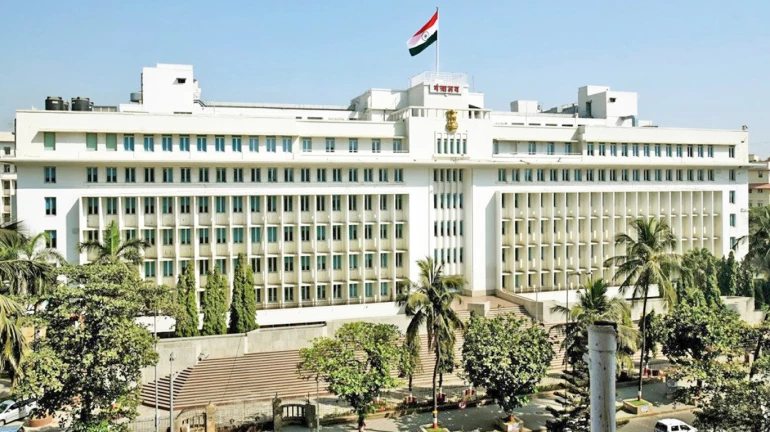
Over the past two years, the Maharashtra government has been in continuous discussions with the Central Government to push through the Shakti Criminal Laws (Maharashtra Amendment Bill), a significant legislative proposal aimed at tightening the laws against crimes directed at women. The bill advocates for severe punishments, including the death penalty, for the gravest offenses. The necessity of this legislation has been brought into sharp focus by recent protests throughout the state, sparked by the harrowing reports of sexual assaults on two four-year-old girls in a Badlapur school. Despite the Maharashtra legislature's unanimous approval of the bill in December 2021, it has lingered without implementation, held back by bureaucratic and legal hurdles.
New Legal Reforms
Hindustan Times mentioned that the implementation of the Shakti Bill has been stalled partly due to concerns from the Central Government, which has questioned the bill's relevance in the wake of three new criminal laws introduced in July. These laws—Bharatiya Nyaya Sanhita (BNS), Bharatiya Nagrik Suraksha Sanhita (BNSS), and Bharatiya Sakshaya Act (BSA)—aim to modernize and replace the colonial-era Indian Penal Code (IPC), Code of Criminal Procedure (CrPC), and the Indian Evidence Act. The central government has expressed reservations about potential overlaps and redundancies between the Shakti Act and these new statutes. Anup Kumar Singh, Principal Secretary of the Home Department, stated that the state is seeking a detailed legal review to respond effectively to the central government’s concerns and to justify the need for the Shakti Act.
About Shakti Bill and Proposed Changes
Inspired by Andhra Pradesh's Disha Act of 2020, the Shakti Bill seeks to introduce tougher penalties within the IPC, CrPC, and the Protection of Children from Sexual Offences (POCSO) Act. The bill aims to make capital punishment available for certain heinous crimes against women, to increase penalties for acid attacks and sexual assaults against minors, and to ensure that investigations are concluded within 30 days of filing a complaint. Furthermore, the bill proposes stringent measures for tackling crimes against women on digital and social media platforms. However, the proposed fast-tracking of forensic processes and the reduced investigation timelines have raised practical concerns among law enforcement professionals, particularly in forensic departments.
Legal and Social Implications of the Death Penalty
The introduction of the death penalty as a deterrent for crimes against women has ignited a broad debate among lawyers, human rights groups, and the general public. Critics argue that such severe punishments could deter victims from reporting crimes, especially in cases where the perpetrators are known to the victims or their families. This aspect of the bill has also drawn concerns about its impact on the rights and psychological well-being of victims. Additionally, there are worries about the bill’s regional labeling and data privacy issues, particularly in light of new technology laws that could conflict with the provisions of the Shakti Bill. Former Director General of Police D. Sivanandhan highlighted the importance of not just enacting strict laws, but also of ensuring that these laws lead to swift and fair trials. He stressed that the effectiveness of such legislation hinges on the ability of the judicial system to deliver quick and decisive judgments, underscoring that without prompt legal proceedings, even the most stringent laws would fail to curb the incidence of crimes against women and children effectively.





